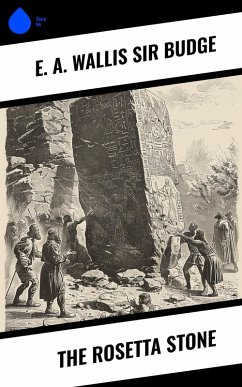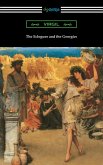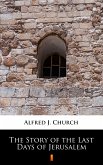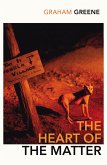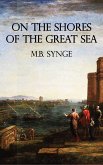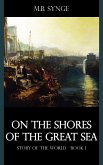In "The Rosetta Stone," E. A. Wallis Budge offers an intricate exploration of an ancient artifact that became a key to deciphering Egyptian hieroglyphs. Eloquent in its stylistic approach, the book deftly interweaves historical narrative with linguistic analysis, situating the Rosetta Stone within the broader context of Egyptology and colonial scholarship. Budge's meticulous examination of its inscriptions not only illuminates the stone's significance but also reflects on the complexities of cultural interpretation and the power dynamics of knowledge transfer in the 19th century. E. A. Wallis Budge was a prominent British Egyptologist, curator, and linguist whose extensive studies in ancient Egyptian culture and history underpin his interest in the Rosetta Stone. A key figure in the field, Budge's passion for archaeology and linguistics flourished during a time of increasing Western fascination with ancient Egypt. His unique perspective, coupled with his scholarly rigor and access to vast ancient texts, informed his critical engagement with the stone's remarkable history and enduring influence. "The Rosetta Stone" is an essential read for scholars and enthusiasts alike, providing a gateway into the marvels of Egyptology. Budge's work not only enriches our understanding of this iconic artifact but also serves as a compelling reminder of the intersections between language, history, and cultural identity. This book is indispensable for anyone seeking to deepen their appreciation for the intricate legacies of ancient civilizations.
Dieser Download kann aus rechtlichen Gründen nur mit Rechnungsadresse in A, B, BG, CY, CZ, D, DK, EW, E, FIN, F, GR, HR, H, IRL, I, LT, L, LR, M, NL, PL, P, R, S, SLO, SK ausgeliefert werden.

